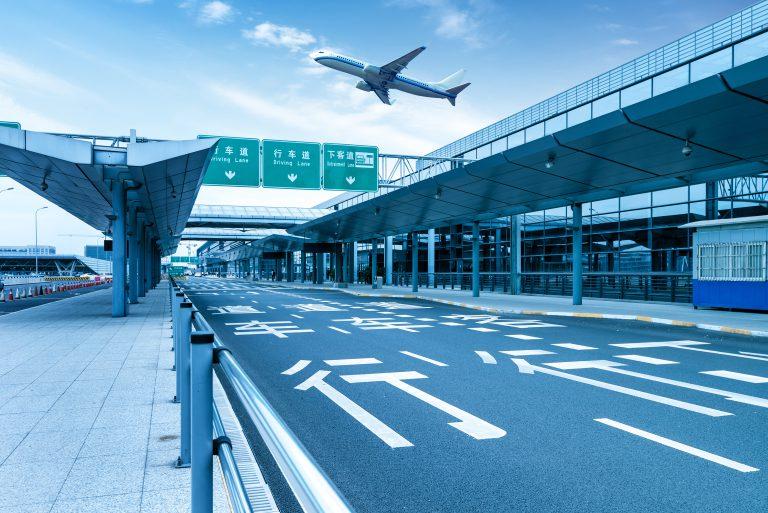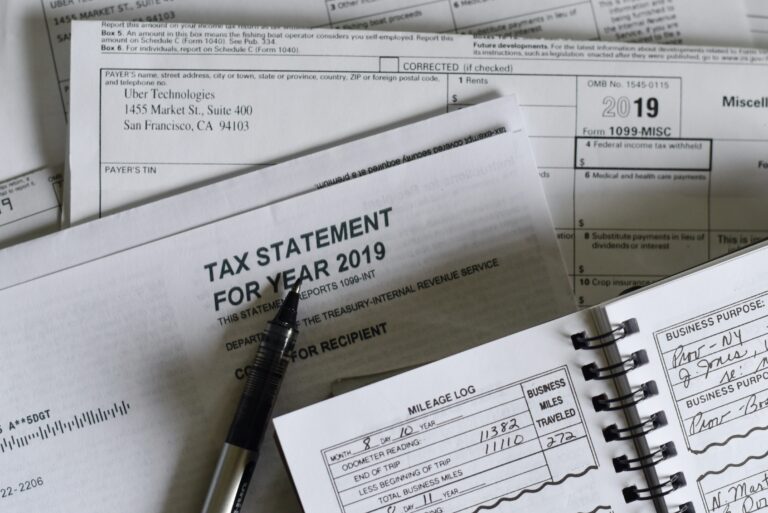On 14 October 2019, the State Taxation Administration (“STA”) released a new announcement to further optimize its tax administration regarding granting treaty benefits to non-residents (STA Announcement [2019] No. 35, “Announcement 35”).
Announcement 35 will take effect on 1 January 2020. Simultaneously, the existing administrative rules stipulated by STA in 27 August 2015 (STA Announcement [2015] No. 60, “Announcement 60”) will be repealed.
In this newsletter, we have summarized the main amendments introduced by Announcement 35 for your reference.
1. Background
To avoid double taxation on cross-border transactions and encourage the cross-border investment, China has concluded the Double Tax Agreement (“DTA”) with 107 countries. Compared with the domestic tax law, those DTAs generally provide a much favorable tax treatment for non-resident taxpayers. For example, the Chinese affiliate is required to withhold 10% income tax on dividend paid to its overseas parent company. Pursuant to the relevant DTA (such as the DTA between China and Germany), the withholding income tax rate can be reduced to 5%.
Non-resident taxpayers are required to fulfill certain formalities with the Chinese tax authority in order to claim the corresponding tax exemption or reduction according to the DTA clauses (i.e., the claim of the treaty benefits). Before the stipulation of Announcement 60, non-resident taxpayers shall apply for pre-approval on the treaty benefits with the Chinese tax authority.
Pursuant to the existing guidance in Announcement 60, non-resident taxpayers can directly claim based on their self-assessment results without seeking pre-approval from the competent tax authority.
Following the revocation of the pre-approval process, the existing Announcement 60 requires the non-resident claimants of treaty benefits or their withholding tax agents (“WHT agent”, normally the payer of income) to file extensive supporting documents with the tax authority to prove those claimants’ eligibility to the treaty benefits. Considering the above filing shall be completed before applying the treaty benefits to the tax declaration, the tax and payment process could practically be delayed by the documentation work.
Now, the tax authority stipulated Announcement 35 to optimize the procedural work, which could further simplify the tax formalities but put higher demand on taxpayer’s tax compliance.
2. Main changes introduced by Announcement 35
Announcement 35 now emphasizes the non-residents shall claim the treaty benefits by way of “self-assessment” of the eligibility to the treaty benefits and shall assume the corresponding responsibilities. Following this principle, Announcement 35 requires the non-residents to properly keep the supporting documents with themselves (normally 10 years) in case of any potential review or tax inspection by the tax authority.
To claim the treaty benefits, the non-resident taxpayers shall fill in an “Information Reporting Form for Non-resident Taxpayers Claiming Treaty Benefits” (“Information reporting form”) and submit this form to the tax authority, along with the tax declaration form. If there is a withholding agent (either the statutory withholding agent or a designated withholding agent), the non-resident taxpayer shall proactively submit the above “Information Reporting Form” to its withholding agent.
Compared with the reporting forms stipulated in Announcement 60, Announcement 35 simplifies the Information Reporting Form into one page to collect the high-level information relevant to the claim of the treaty benefits, as well as the non-resident taxpayer’s statement on assumption of the corresponding legal responsibilities and the signature.
Another change alters the WHT agent’s tax exposure. Compared with Announcement 60, Announcement 35 does not require the WHT agents to collect the complete materials (the old reporting forms and supporting documents) from the non-residents, or to ensure the information filled in the forms correspond to the relevant treaty clauses. Announcement 35 now makes it clear that, the WHT agent’s responsibility is to obtain the new “Information Reporting Form” from the non-resident taxpayer and to check whether the non-resident taxpayer has completely filled in the form. If the information reporting form is obtained and all the requested areas are filled in, the WHT agent can apply the treaty benefits to the withholding tax declaration. Otherwise, the WHT agent shall refer to the domestic tax law to the withholding tax declaration.
In addition to the above changes, most other provisions under Announcement 35 are similar to those under Announcement 60, such as using the contracts / agreements, board resolutions, and tax residence certificates as supporting documents, the refund of overpaid tax if the non-resident fails to claim the treaty benefits for the tax declaration/withholding, etc.
3. Summary
To summarize the above, on the one hand, the new administrative measure introduced by Announcement 35 is an encouraging improvement regarding the claim of treaty benefits, which will help reducing the administrative burdens and speed up the tax declaration / bank remittance process.
On the other hand, the previous requirements on filing of all the proof documents with the tax authority could provide a certain level of confidence to the non-resident taxpayers regarding their self-assessment results. Pursuant to Announcement 35, the non-residents are fully responsible for the accuracy, completeness and authentication of the information reported to the tax authority, and an improper claim of DTA benefits would impair its credit with the Chinese tax authority. Therefore, the non-resident taxpayers will face a high demand on the tax assessment of the eligibility to treaty benefits as well as the corresponding documentation.
If you have any questions regarding the above, please feel free to contact us.















